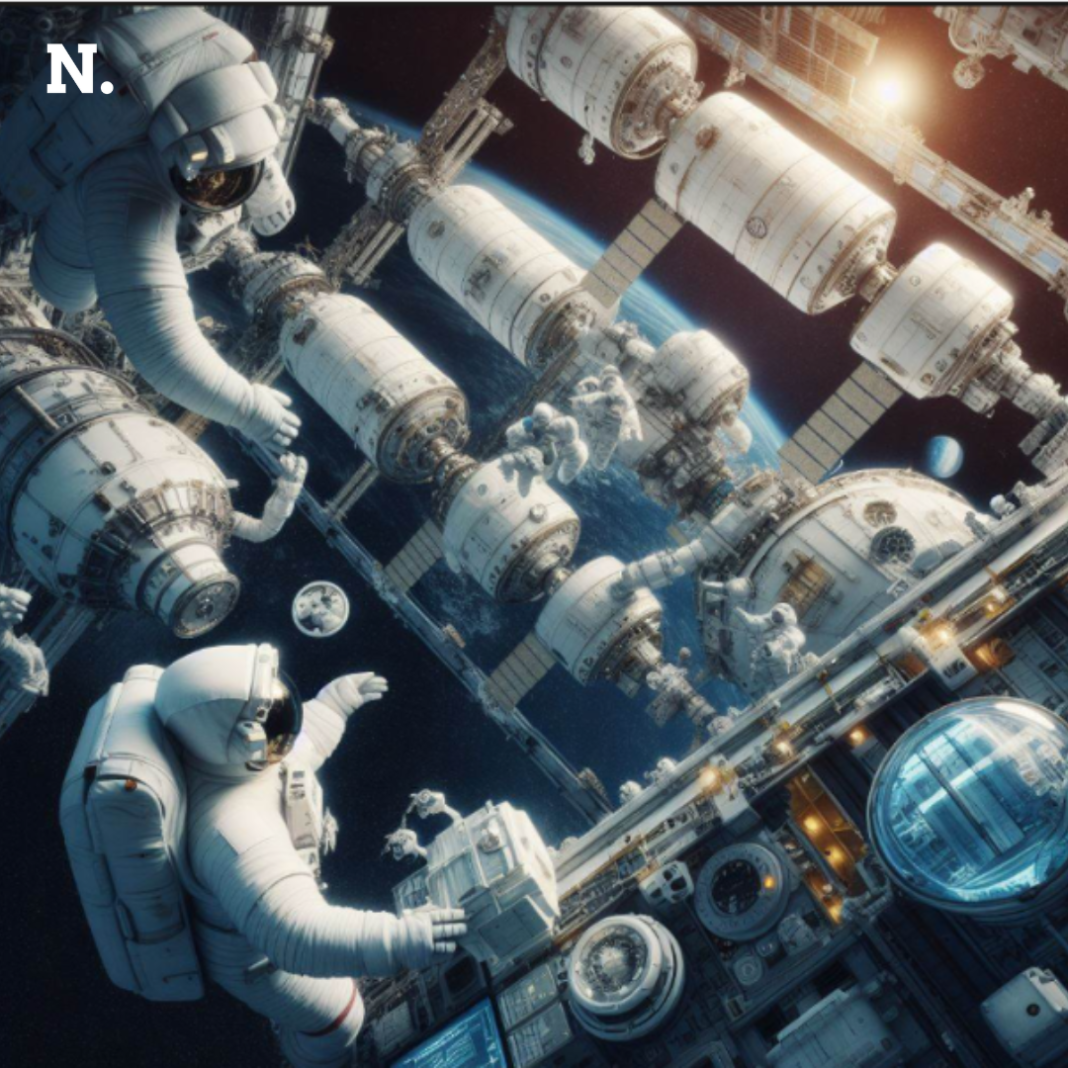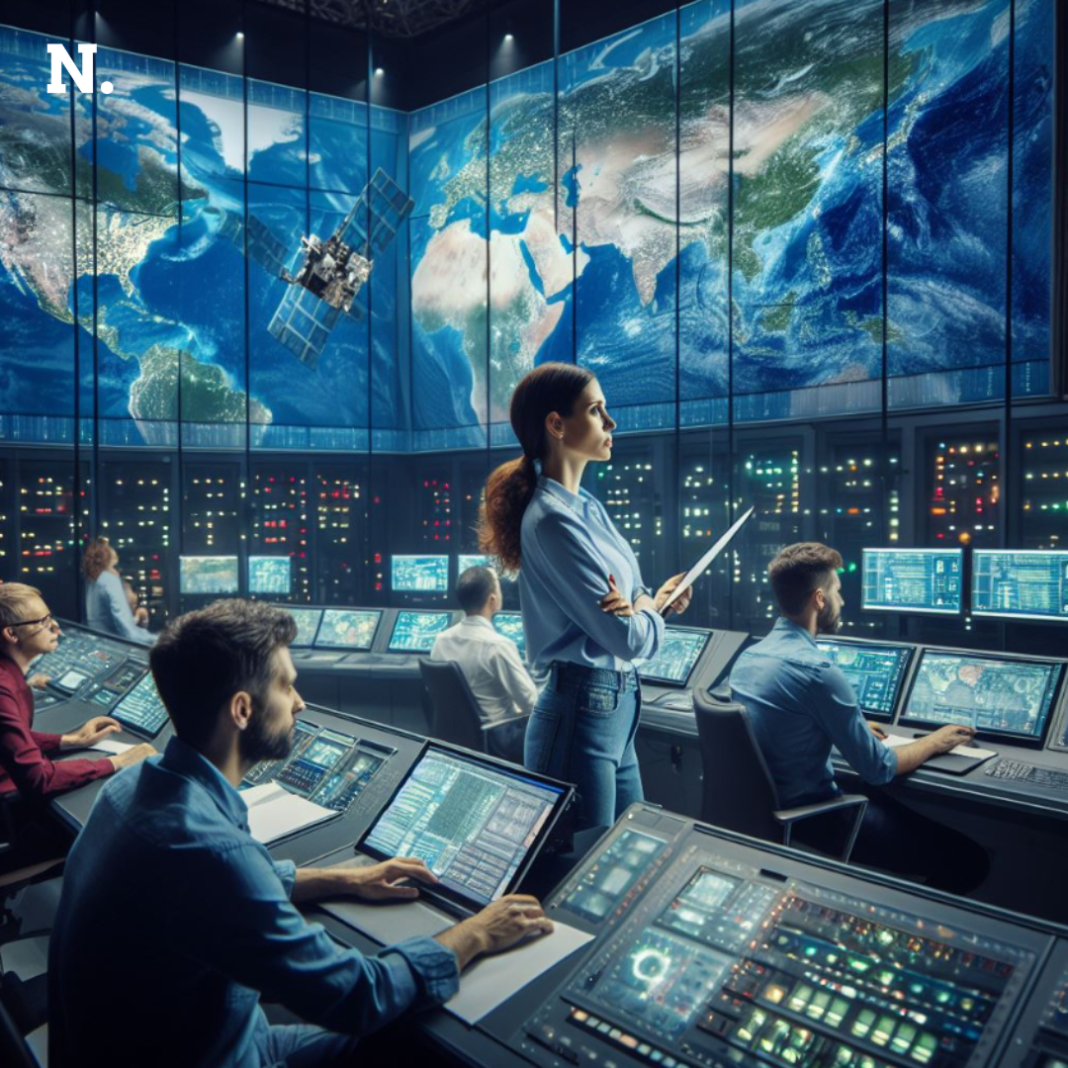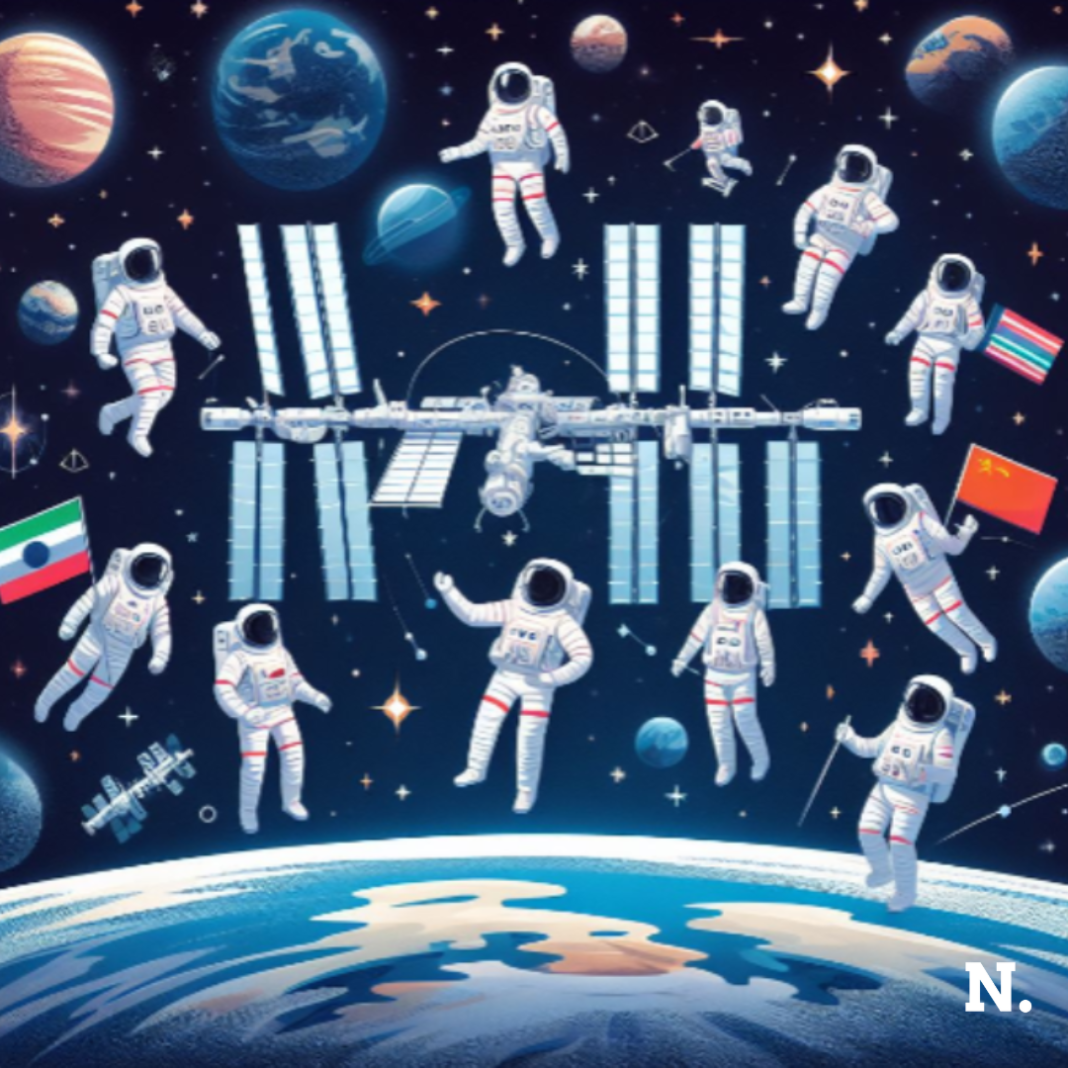Astronauts live in space for long durations. What measures are taken for them to live a normal life onboard the ISS? And be safe as well? Astronauts execute life support systems to maintain a normal life in space.
What are the types of life support systems?
Closed-loop life support systems are the survival gear for humans because in space, resources are scarce and there’s no grocery store to restock. These systems are all about being smart with what we’ve got, recycling and reusing the stuff we need to stay alive like water, air, and nutrients to create a self-sustaining environment.
Measures taken
There is no water in space. Astronauts stay alive with the help of water recycling. Scientists have developed advanced water recycling systems. They purify wastewater, human sweat and urine. Engineers use technologies like vapour compression distillation, forward osmosis, and membrane filtration. Stay tuned for the next article elaborating on these systems.
Another important element for living is Air. There is no Air in space. For proper health, astronauts need good-quality air. Carbon dioxide needs to be removed to maintain quality. Systems use chemical scrubbers, molecular sieves, and absorption beds to remove Carbon dioxide while generating oxygen through electrolysis or other means.
Food Production and Nutrition in Space
In our cosmic gardens, astronauts cultivate many crops, caring for them in controlled environments like growth chambers or inflatable greenhouses. They select the perfect crops and suitable growing conditions to ensure growth.
These are not traditional farming methods that we’re exploring up here. We’re exploring alternative protein sources. Proteins extracted from microorganisms like algae and fungi using limited resources.
Challenges faced regarding life support
- Microgravity Effects- It has its own cons which challenge life support systems. This includes fluid behaviour, plant nutrient distribution, and astronauts’ physical changes.
- For recycling, closed-loop systems need advanced technologies for water and air purification, energy recovery, and waste management.
- These systems need advanced technology for water and air purification, energy recovery, and waste management to minimize waste and maximize recycling.
Conclusion
Astronauts on the ISS live for long periods in space and need measures to maintain a normal life. Closed-loop life support systems are crucial, recycling water and air. Challenges include microgravity effects and the need for advanced technologies for water and air purification, energy recovery, and waste management in a self-sustaining environment.




